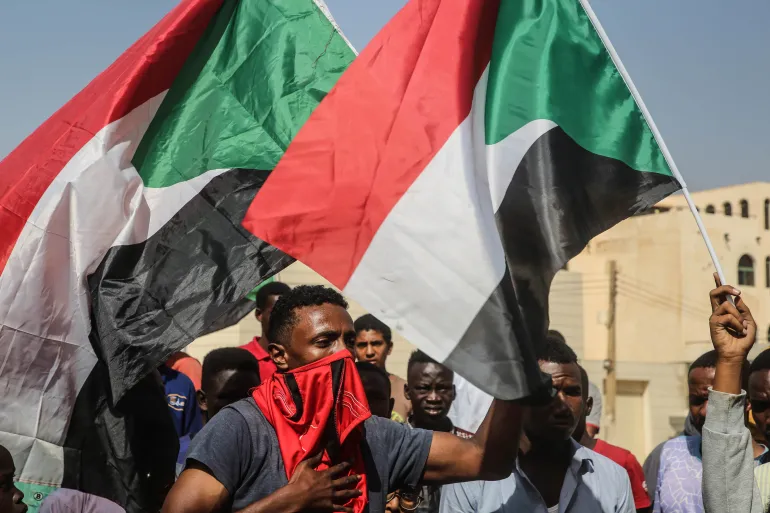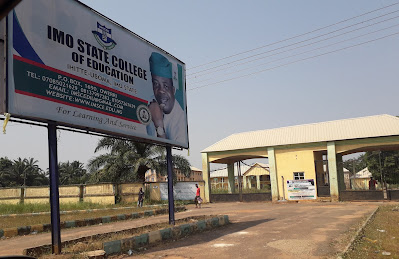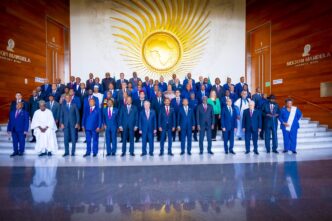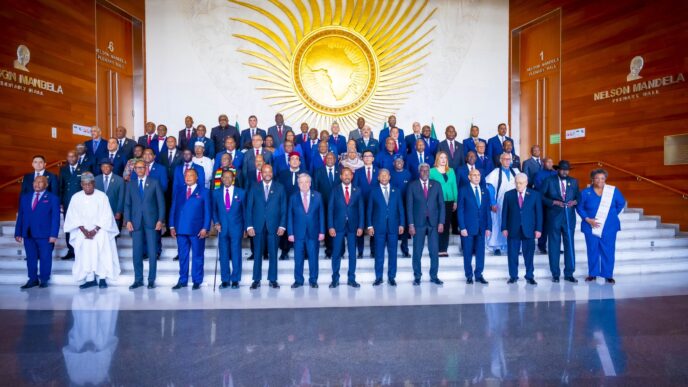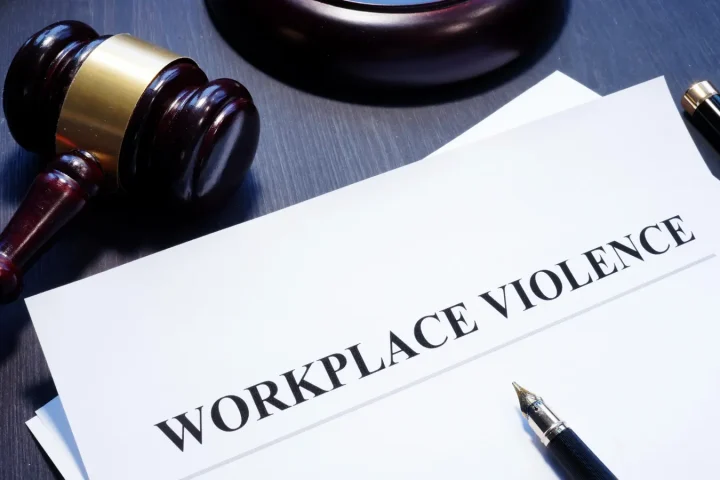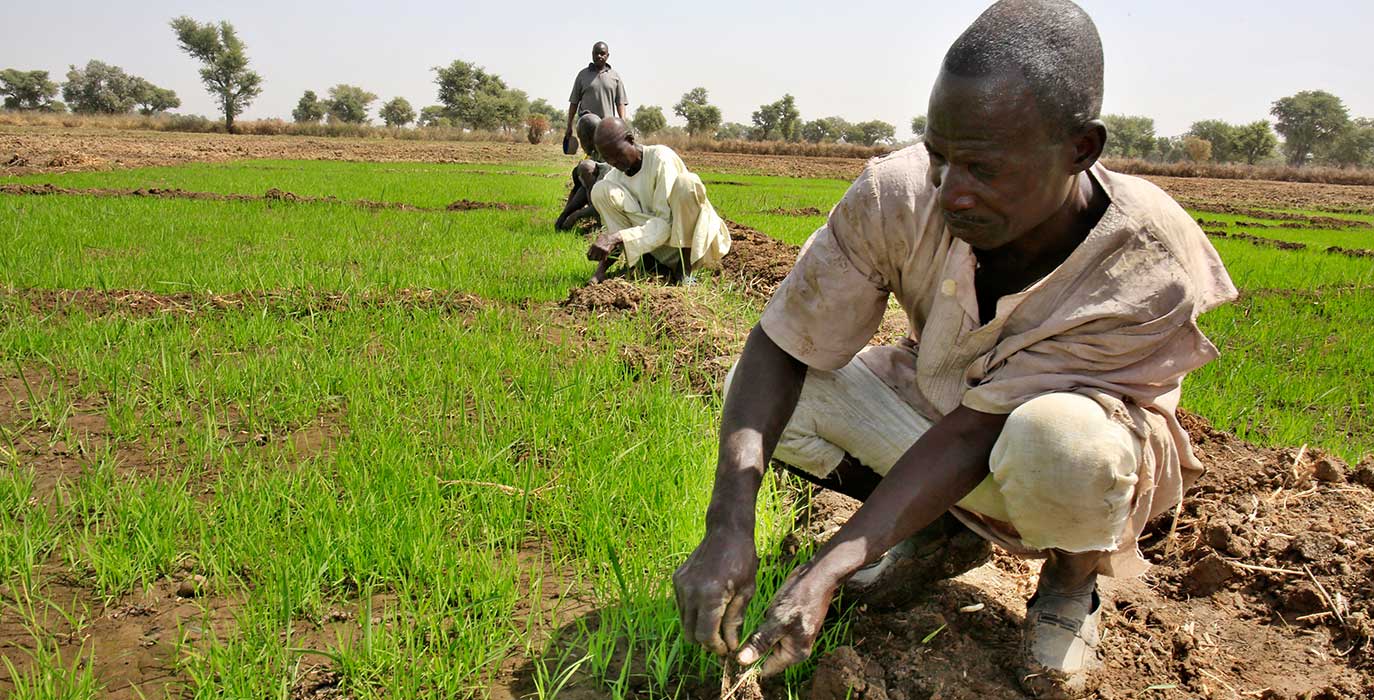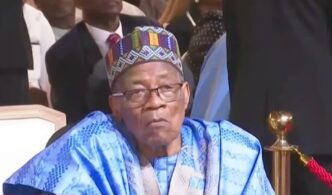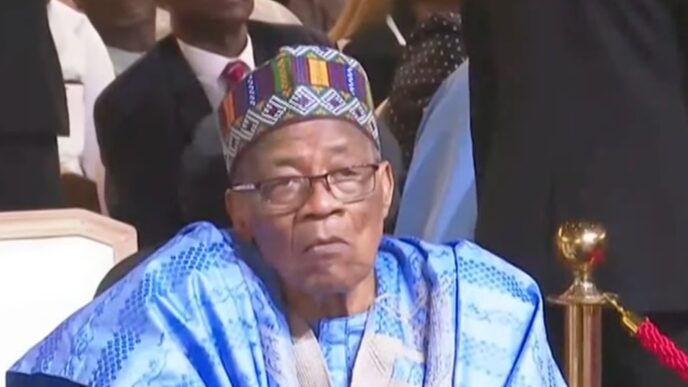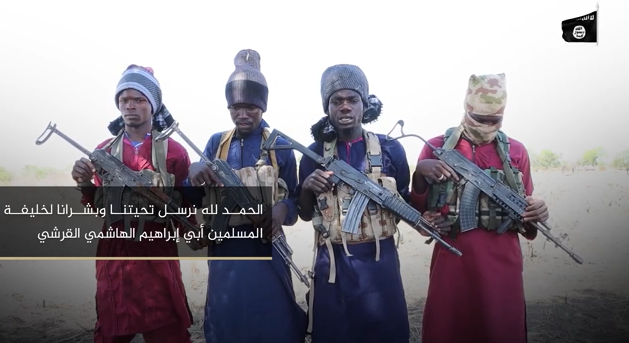Photo credit: Mohammed Abu Obaid/EPA-EFE
BY SAMI SAEED
Sudan is of great importance to the surrounding regions, such as the Horn of Africa, Sub-Saharan Africa, Central Africa, the Nile Basin countries, North Africa and the Arab region. Sudan is a founding state of the Organization of African Unity (which later became the African Union), a founding member of the Intergovernmental Authority on Development (IGAD), the Common Market for Eastern and Southern Africa (COMESA), and a founding state of the League of Arab States. With these complex relationships, Sudan is of special importance to most other regions of the world, including the European Union (EU). Because Europe has a long history in Sudan, and EU members have a great interest in Sudan or should have.
War broke out in Sudan between the Sudanese Armed Forces (SAF) and the Rapid Support Forces (RSF) on April 15, 2013. The war escalated very quickly, leaving behind unprecedented destruction, killing and brutality. Several regional and international initiatives were launched to stop the war and establish peace. Despite the multiplicity of these initiatives, they did not succeed in making peace in Sudan.
Are there other international priorities greater than peace and stability in the heart of the African continent? Is this war important and influential on international security and peace? If the answer is yes, why are international and regional peace efforts unsuccessful?
Why should the world be more concerned about the war in Sudan?
Advertisement
- The Importance of the Red Sea to International Trade:
Based on a report issued by the International Monitory Fund (IMF), The Red Sea is an essential maritime route for global commerce through Suez Canal, linking Europe, Asia, and Africa. It accounts for around 12-15% of annual world trade. This constricted channel is essential for oil transit, with almost 7 million barrels of oil traversing it daily.
The trade value transiting the Red Sea to Europe is substantial; nevertheless, ascertaining the precise figure proves challenging. It is estimated that around 40% of Asia-Europe trade and over 95% of vessels navigating between the two regions typically transit the Red Sea, the rest go through Strait of Gibraltar. This encompasses a diverse array of commodities, including containerized products, petroleum, and liquefied natural gas.
The recent assaults on vessels in the Red Sea have resulted in considerable interruptions to commercial routes and have escalated shipping expenses. This has adversely impacted the global economy, resulting in elevated prices and possible declines in GDP growth in Europe.
The Red Sea is an essential conduit for global commerce, and any interruptions to its navigation might result in substantial economic repercussions.
- War, Migration and Human Trafficking:
The Khartoum Process, officially the EU-Horn of Africa Migration Route Initiative, is a regional migration dialogue platform initiated in November 2014 to enhance cooperation among countries involved in migration between the Horn of Africa and Europe. It focuses on combating human trafficking, promoting dialogue, managing irregular migration, and addressing broader migration issues while facing challenges related to effectiveness and human rights.
- Terrorism and Extremism:
The current war in Sudan is a war of extremists. The war is led by fanatical generals who have a clear alliance with extremist, tribal leaders, and exclusionary Islamic ideological groups. This applies to both parties SAF and RSF who mobilize militias and ethnic groups against each other’s . The two warring parties have prepared a chaotic environment that has allowed various armed groups to flourish, including some with jihadist and terrorist ideologies, and have even encouraged and provided them with weapons.
Advertisement
Here are some of the most prominent:
- The Islamic State (ISIS): Reports suggest that ISIS has an established network in Sudan, primarily focused on financial and logistical support rather than direct attacks. Sudan appears to be used as a transit point for jihadists moving towards other regions in Africa, particularly Libya, Mali, and West Africa. While denying the existence of an official ISIS entity, the Sudanese government has acknowledged the presence of ISIS-linked extremists within the country, and there is an allegation that Dr. Mohamed Ali Elgizoly, the president of the “State of Law and Development” is a leading figure in the ISIS in Sudan.
- Al Qaeda: Al Qaeda has also been trying to incite violence in Sudan. Al Qaeda has a longer history in the country, having been based there in the 1990s. When the war broke out, there were a number of Al Qaeda prisoners who were sentenced under judicial rulings issued against them during the time of the ousted president Al-Bashir. Al Qaeda members were released from prisons along with leaders of Islamists accused of criminal and political crimes, and the rest of the criminals, under a decision issued by the prison administration.
- Al Baraa bin Malik Battalion: This is a Sudanese armed group with a militant Islamist ideology, aligned with the Sudanese Armed Forces (SAF). They have been involved in the fighting and have expressed extremist views.
The spread of terrorist groups, as much as it is a threat to Sudan, and a great threat to the strip of countries in sub-Saharan Africa, it is important to note that the spread of terrorism in this part of Africa is a great threat to the world, and especially Europe.
The war that erupted in Sudan on April 15, 2023, has triggered a complex web of international and regional peace initiatives. These efforts aim to mediate between the warring factions, SAF and RSF, and pave the way for a ceasefire and lasting peace.
Why are the steps of peace lame?
Advertisement
The United Nations:
The UN, through its Integrated Transition Assistance Mission in Sudan (UNITAMS), has been playing a central role in coordinating peace efforts. It has worked closely with the African Union and the Intergovernmental Authority on Development (IGAD) to form a “Trilateral Mechanism” for mediation.
The UN Security Council voted to terminate the mandate of the UN Integrated Transition Assistance Mission in Sudan (UNITAMS) on December 1, 2023, following a request from Sudanese authorities. The mission officially closed on February 29, 2024. The UN Secretary-General António Guterres had appointment Ramtane Lamamra from Algeria as his Personal Envoy for the Sudan to continue the UN efforts to restore peace and political stability in the country.
- International Humanitarian Conference:
International humanitarian conference for Sudan and neighbouring countries, held in Paris, on 15 April 2024. Ministers and representatives from 58 states, including donors and neighboring and regional nations, as well as representatives from regional organizations like the League of Arab States, the African Union, and the Intergovernmental Authority on Development were present at this conference. The UN Secretary-General’s personal envoy for Sudan was also present.
Advertisement
- The Geneva Meeting:
International community organized a meeting in Switzerland on August 14, 2024. They established the Aligned for Advancing Lifesaving and Peace in Sudan (ALPS) Group. ALPS secured the reopening and expansion of critical humanitarian access routes, received commitments to improve the protection of civilians, particularly women and children, as well as developed a framework to ensure compliance with the Jeddah Declaration and any future agreements between the warring parties.
Advertisement
- The African Union (AU):
The African Union Appointed on 17 January 2024, three eminent African personalities, as members of the AU High-Level Panel on Sudan. The AU High-Level Panel chaired by Dr. Mohamed Ibn CHAMBAS.
- Intergovernmental Authority on Development (IGAD):
IGAD has been actively involved in mediation efforts, given Sudan’s strategic importance in the region. It has hosted meetings with the warring parties and facilitated dialogue. The government of Sudan has accused in January 2024 the IGAD of being biased to RSF and suspended its membership in the IGAD, which has tried to broker talks between the country’s warring parties (Al-Jazeera).
Advertisement
- Jeddah Peace Talks:
Launched in May 2023 amid escalating tensions between SAF and RSF, the mediation sought to protect civilians and ensure humanitarian access. Despite numerous negotiation rounds, the talks were frequently suspended due to persistent violations and disagreements over terms, ultimately failing to secure a lasting ceasefire or facilitate safe humanitarian aid corridors.
- Neighboring Countries:
Countries bordering Sudan, such as Egypt, South Sudan, and Chad, have also been playing a role in the peace process, given the conflict’s potential to destabilize the entire region.
Advertisement
Challenges and Prospects:
Despite these numerous initiatives, achieving a sustainable peace in Sudan remains a daunting task. The conflict is deeply rooted in complex political, economic, and social factors. Both the SAF and the RSF have significant military capabilities, and neither side has shown a clear commitment to a peaceful resolution.
Enry Points:
If we go along with the assumptions of this paper, then Europe has a strategic interest in stopping the war in Sudan and establishing peace and political stability there. To achieve this goal, European countries individually, and the European Union as a union, can adopt a number of approaches to implement this strategy and achieve their interests.
First, France, among the EU countries, has a permanent membership in the UN Security Council, and can use France’s role in the Security Council to issue resolutions to maintain international peace and security by issuing a resolution under Chapter VII regarding stopping the war in Sudan.
Second, the European Union has a partnership with the African Union, and the EU member states have partnerships individually with the countries of the African continent, including regional partnerships that include Sudan. Among these partnerships, but not limited to them, is the partnership between the Horn of Africa countries and the European Union for cooperation on human trafficking and migration, known as the Khartoum Process. These partnerships include all security partnerships with African countries. Sudan occupies the heart of the African continent and borders seven important countries. The war in Sudan threatens the security of all surrounding countries, and may even extend to distant countries.
Third: There are long-term economic and development plans, and a strategy, adopted by most major countries in Europe, and are largely linked to developing economic relations with Africa.
Europe must exert more political, diplomatic and economic efforts to protect its interests first, before supporting peace in Sudan as a humanitarian concern. Here I assume that historical relations may be an entry point that makes Europe strengthen its partnership with Africa, after Europe has been accused for decades of reaping the fruits of Africa without paying anything in return.
Saeed, a Sudanese constituional lawyer is the Vice President of the African Network of Constitutional Lawyers (ANCL) based in Cape Town, South Africa. He can be reached via: [email protected]
https://ancl-radc.org.za/about-us/organisational-structure?view=article&id=619&catid=9
Views expressed by contributors are strictly personal and not of TheCable.
Add a comment
